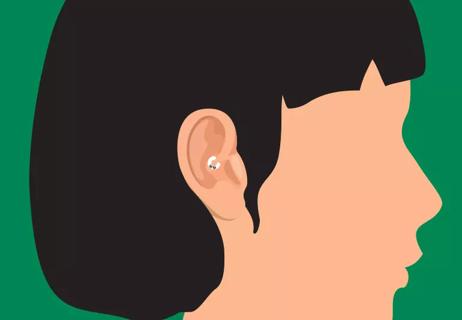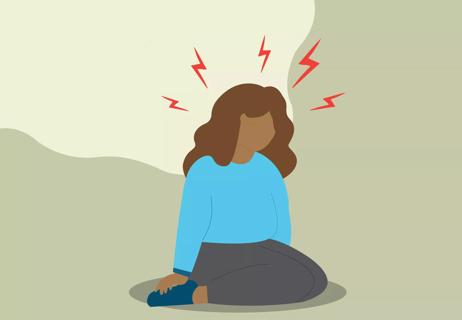The short answer from a headache specialist

A: We know there are certain lifestyle changes patients can make to reduce headache frequency. They include:
Advertisement
Cleveland Clinic is a non-profit academic medical center. Advertising on our site helps support our mission. We do not endorse non-Cleveland Clinic products or services. Policy
Advertisement
Another important element that we can’t control is the barometric pressure and weather. A sudden drop or rise in temperature can really affect people.
— Headache specialist Emad Estemalik, MD
Advertisement

Sign up for our Health Essentials emails for expert guidance on nutrition, fitness, sleep, skin care and more.
Learn more about our editorial process.
Advertisement

Sleep issues and certain foods can lead to an early morning headache

Among the options is a fast-acting medication that offers relief in as little as 15 minutes

Start by reevaluating your triggers and lifestyle factors, but also consider trying new medication

A little can help, too much can hurt

They might look cool, but there’s no scientific evidence that daith piercings ward off pain

Getting enough sleep, avoiding dietary triggers and reducing stress can provide relief

Your genes may offer some insight when learning about your migraine symptoms

Migraine length depends on your triggers, health history and whether they are chronic

Even small moments of time outdoors can help reduce stress, boost mood and restore a sense of calm

A correct prescription helps your eyes see clearly — but as natural changes occur, you may need stronger or different eyeglasses

Both are medical emergencies, but they are very distinct events with different causes